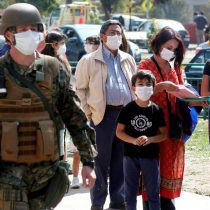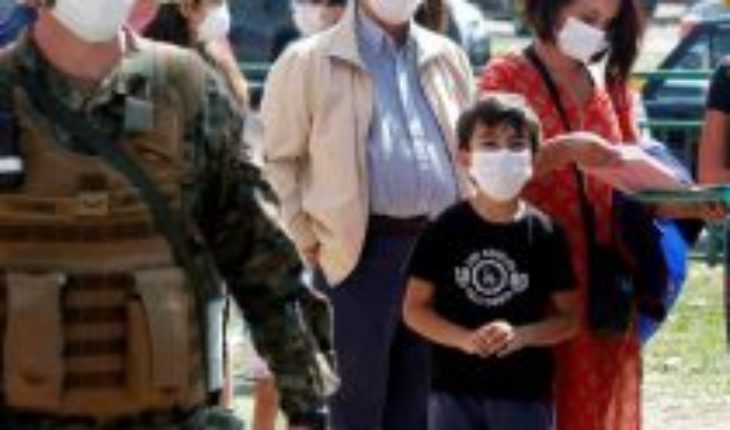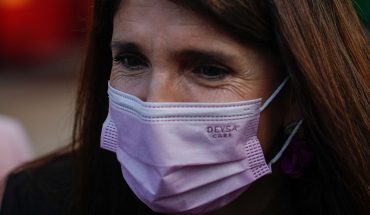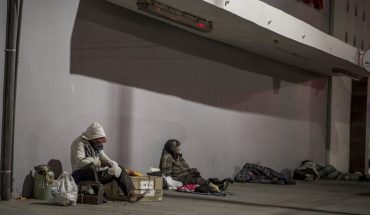
The World Health Organization (WHO) stressed that the threat of Covid-19 and confinement are causing a strong psychological impact on societies that must be addressed by “imaginative measures.” Isolation, physical estrangement, closure of schools and workplaces are challenges that affect us, and it is natural to feel stress, anxiety, fear and loneliness at the moment,” WHO’s Head for Europe Hans Kluge said in a press conference.
One of the hardest-hit groups are health workers, who are also one of the most at risk groups in the face of the current pandemic (one in 10 infected in Europe belongs to this sector), so WHO advised measures to psychologically support them in this moment of difficulty.
These include shifting shifts in the most stressful positions, increasing communication between work teams, having psychosocial team staff in hospitals and ensuring that frontline workers have extensive experience, stressed WHO mental health expert Aiysha Malik.
The most vulnerable
Other groups to consider in terms of psychological impact are pregnant women, the elderly or children, Malik added, noting that the younger ones “may experience anxiety to see that a family member dies or should receive treatment,” so those who they should pay special attention and “be honest with them.”
The expert also warned that more time at home for some children in households where family cohabitation problems exist makes them even more vulnerable.
Malik underscored the risk of relapse in these moments of isolation and stress in people with addictions, so he conveyed the message that going to alcohol, drugs or gambling to deal with these difficulties “can only make things worse.”
WHO experts emphasized that in general the answer to these challenges is to show affection and care towards others by taking into account social estrangement recommendations, and projecting closeness through a phone call, postcard or Videoconference.
“It is essential that we face the mental challenges that this crisis causes in Europe and the rest of the world, also by disseminating timely, understandable and truthful information to everyone, including the young and elderly,” Dr Kluge concluded.





